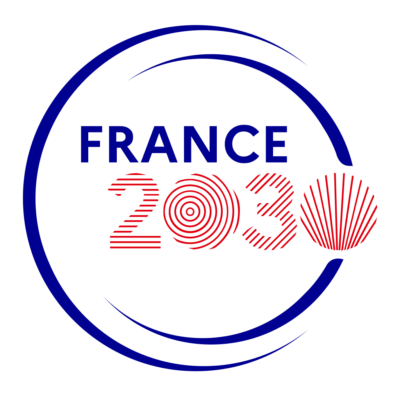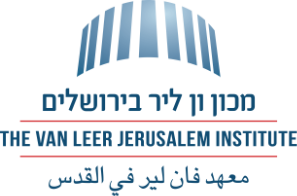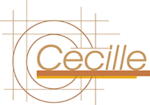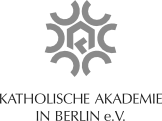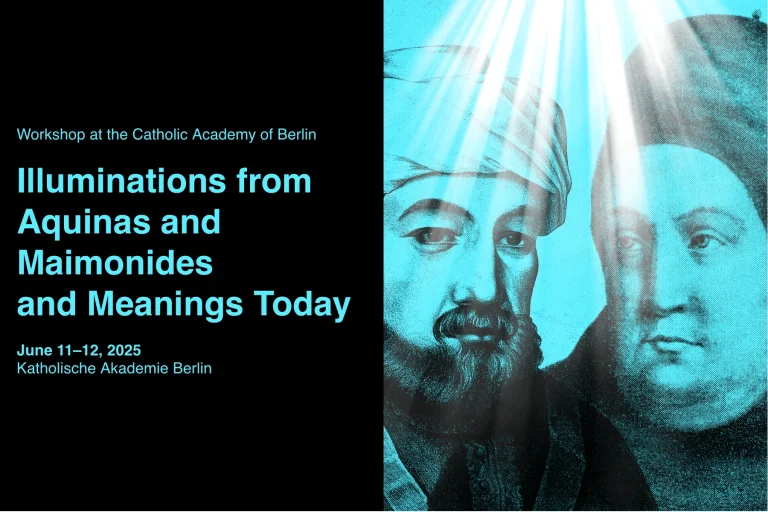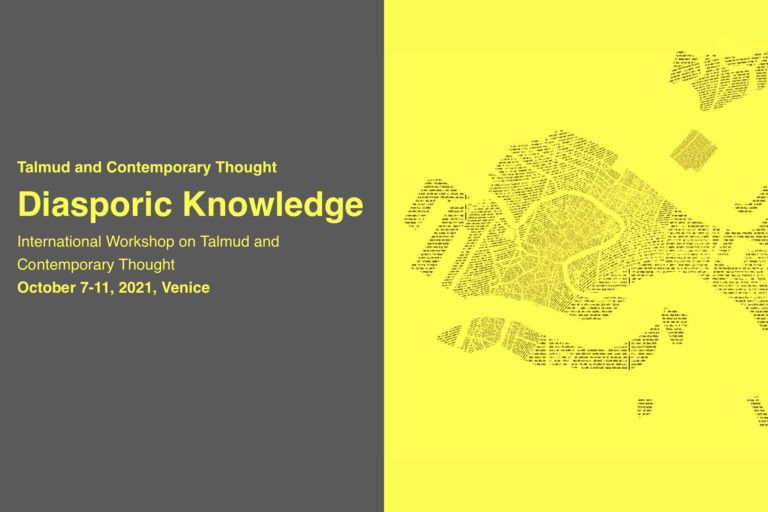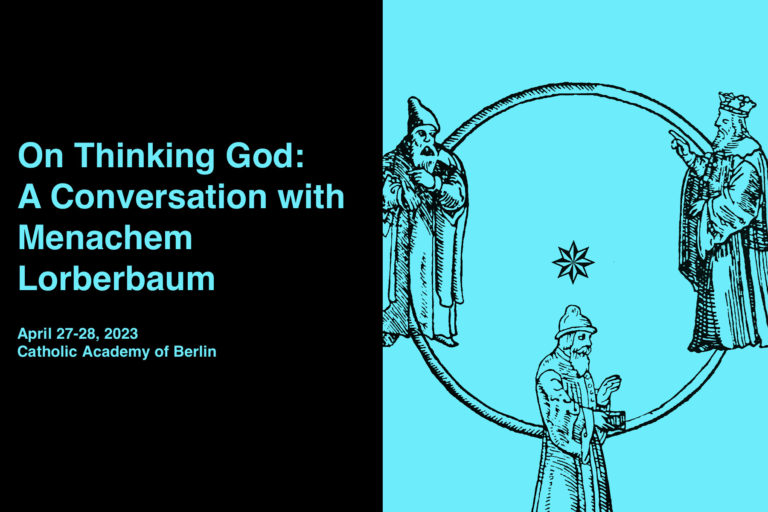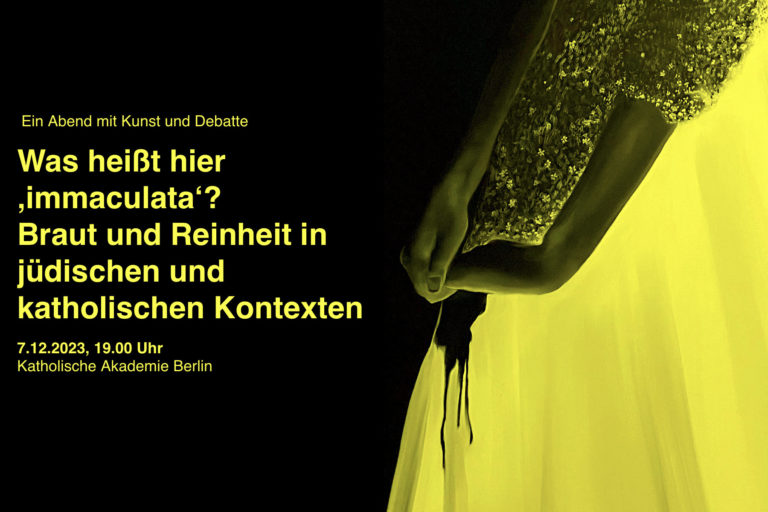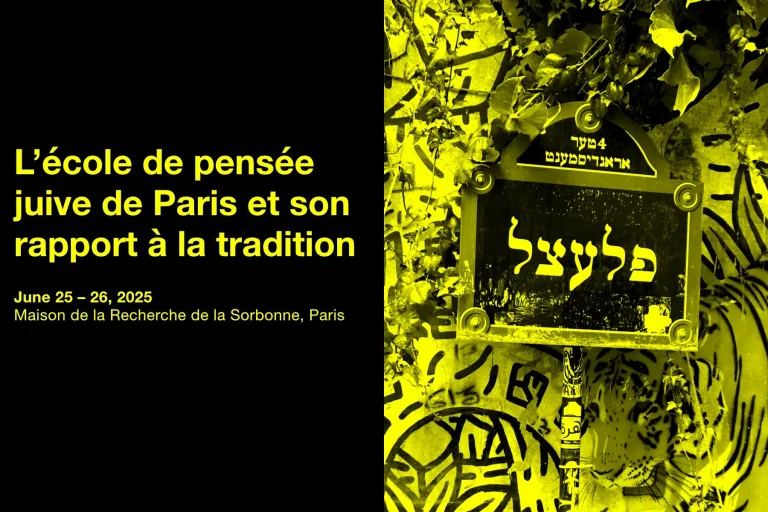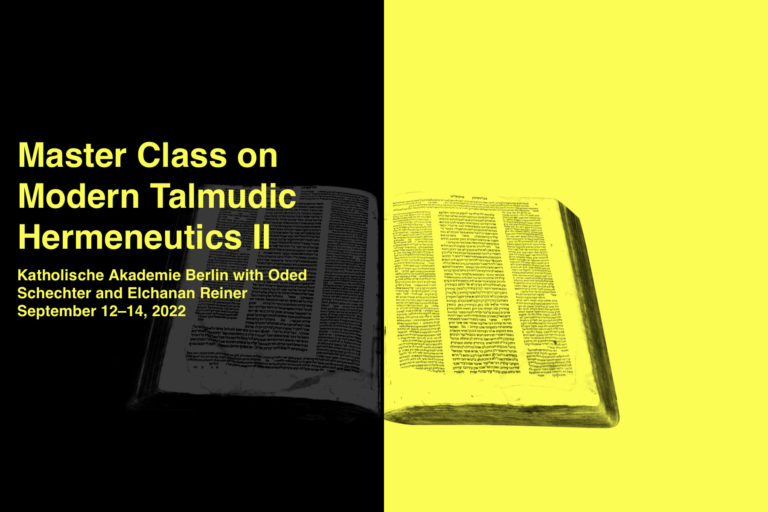
International Conference
Queerodox: Jacob Israel de Haan
100 Years to his Assassination
June 26–27, 2024, Katholische Akademie in Berlin
© G. Krikorian Jerusalem, Public domain, via Wikimedia Commons
Queerodox: Jacob Israel de Haan – 100 Years to his Assassination
International Conference
June 26, Cinema Babylon, Rosa-Luxemburg-Str. 30, 10178 Berlin
June 27, Katholische Akademie in Berlin
Jacob Israel de Haan, born in 1881 to an orthodox Dutch Jewish family, was a social-democratic lawyer, journalist and poet who became a spokesman for the haredi community in Jerusalem and promoted a political vision for peaceful Jewish-Arab coexistence in Palestine. In the early 1900s, de Haan published homoerotic prose and poetry that scandalized public opinion in Amsterdam. Leaving tradition and then returning, he endorsed Zionism, immigrated to Palestine, and eventually, appalled by the attitude of Zionists to native Arabs and Jews, gravitated toward haredi opposition to Zionism.
On June 30, 1924, De Haan was shot to death by a Zionist paramilitary organization, the Haganah. He is commemorated today as a great 20th century Dutch writer, pioneer activist for human rights, champion of haredi Judaism, and a tragic visionary of Jewish-Arab peaceful coexistence.
On the occasion of the 100th anniversary of De Haan’s assassination, this conference will discuss the various facets of his unconventional life, work and writing. International speakers will reflect on three main dimensions of De Haan’s pioneering contributions that still challenge contemporary conventions:
1. Literature: contemplating the variety of genres in De Haan’s oeuvre — from novels to short stories, poems, lectures, aphorisms and more — and tracing the relationship between his literary practice and political development;
2. Sexuality: reflecting on this queer writer’s relationship to orthodox Judaism and how tradition needn’t be conflated with gendered/sexual binarism;
3. Politics: discussing De Haan’s non-Zionist vision of Jewish-Arab peaceful coexistence in Palestine and alternative haredi imaginations of Jewish existence in Eretz Yisrael in general.
The conference will open with a special screening of a new documentary on De Haan “The Visitor. Mysteries of the life and murder of Jacob Israel de Haan” by filmmaker Zvi Landsman, who will attend the screening and discuss the film after the screening.
Organisation
Prof. Dr. Elad Lapidot
Katholische Akademie in Berlin
Cooperation
Katholische Akademie in Berlin in cooperation with France 2030, The Van Leer Jerusalem Institute, the University of Lille and the Centre d’Études en Civilisations, Langues et Lettres Étrangères
Video on YouTube
June 27, 10:00
Panel Sexuality & Panel Politics
Program
| June 26, 2024 | Public Event Cinema Babylon Rosa-Luxemburg-Str. 30, 10178 Berlin |
| 18:00 | Greetings |
| 18:30–19:30 Film screening | The Visitor. Mysteries of the life and murder of Jacob Israel de Haan. A documentary film by Zvi Landsman |
| 19:30–20:30 Panel Literature | Moderator: Zahiye Kundos (Berlin) Zvi Landsman (Jerusalem) Oded Schechter (Berlin) Dory Manor (Berlin) |
| June 27, 2024 | Closed Event with live stream Katholische Akademie in Berlin |
| 10:00–11:30 Panel Sexuality | Moderator: Omri-Hannah Ben Yehuda (Berlin) Daniel Boyarin (Berkeley) Yona-Dvir Shalem (Würzburg) Zohar Weiman-Kelman (Be’er Sheva) |
| 12:00–13:30 Panel Politics | Moderator: Avinoam Stillman (Berlin) Yael Attia (Berlin) Ido Harari (Jerusalem) Atalia Omer (Notre Dame) |
Participants
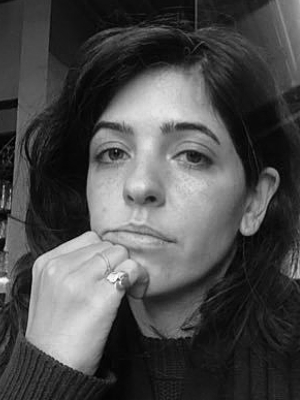
Yael Attia is a doctoral fellow at the RTG Minor Cosmopolitanisms. In her current project, The (post)colonial Other of Modern Jewish Thought, she seeks to trace the constitutive role of Jewish colonial experiences in North Africa as formative to modern Jewish political thinking, as it emerged in a series of Francophone intellectuals: Hélène Cixous, Albert Memmi and Jacques Derrida. She also hosts the official podcast of her program. An edited volume she co-edited, titled: Minor Perspectives on Modernity: Jewish Studies and Decolonial Thought is forthcoming from Nomos Verlag.
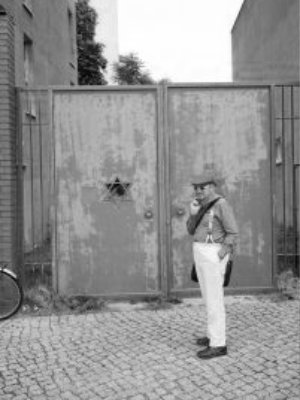
Prof. Daniel Boyarin is Taubman Professor of Talmudic Culture and rhetoric, UC Berkeley, ret. He has been an NEH Fellow (twice), a Guggenheim Fellow, a Fellow of the Institute for Advanced Studies in Jerusalem, a holder of the Berlin Prize at the American Academy in Berlin and a Ford Foundation Fellow. He spent the academic year 2012–2013 as a fellow of the Wissenschaft Kolleg in Berlin and was a von Humboldt Forschung Preisträger at the FU Berlin in 2017. He is a fellow of the American Academy of Arts and Sciences since 2006.
Boyarin has written extensively on talmudic and midrashic studies, and his work has focused on cultural studies in rabbinic Judaism, including issues of gender and sexuality as well as research on the Jews as a colonized people, and lately, colonizing people. His most recent research interests centered primarily around questions of the relationship of Judaism and Christianity in late antiquity and the genealogy of the concepts of “religion” and “Judaism.” Lately he has been thinking extensively about diaspora as a political/cultural ideal. His most recent book is The No-State Solution: a Jewish Manifesto, Yale University Press, 2023.
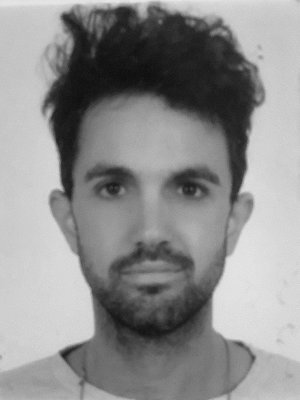
Dr. Hannah (Omri) Ben Yehuda is a scholar of Modern Jewish Literatures in the University of Lille. The author of two books, her collection of essays (edited in collaboration with Dr. Dotan HaLevi) Israel’s Heterotopy: Gaza in Israeli Politics and Culture will be published in summer 2023. She currently works on The Bibibook: The Politics and Magic Making of Benjamin Netanyahu.
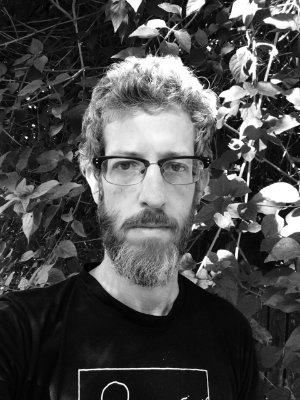
Ido Harari studies modern Jewish thought in its religious and political contexts. His main research interests are Haredi thought, the thought and history of Jews in German-speaking sphere and in Eretz Israel/Palestine, relations between Jewish life and thought and Muslim and Christian life and thought, Secularism, and critique of Secularism. Ido works at the Sacredness, Religion and Secularization research cluster at the Van Leer Jerusalem Institute.
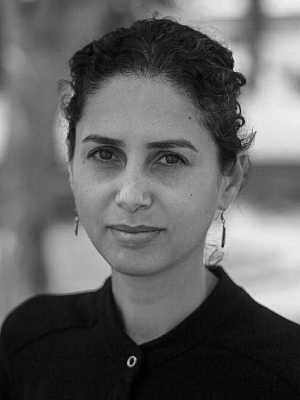
Zahiye Kundos is a literary scholar, specializing in modern Islam, Arabic literature and the critique of modernity. She is completing her first book: In the Name of God we Will be Modern (Once Again): The Re-Religious Turn of Jamāl al-Dīn al-Afghānī and Muhammad ʿAbduh and the Critique of European Modernity. In her current project, ‘The Afterlife of Muhammad ʿAbduh in Arabic Literature,’ which focuses on the Egyptian canon, Kundos demonstrates the influence of modern religious reforms on the development of Arabic literature. She is a member of the editorial advisory board at Political Theology Beyond, a public scholarship project from the journal Political Theology. She is a fellow at the Forum Transregionale Studien, Berlin, with the support of the Minerva Foundation.
Zahiye is interested in revealing how authors and intellectuals write about Islam in modernity. She is the author of “Amīna and the Breaking of the Secular Silence: Revisiting The Cairo Trilogy by Naguib Mahfouz” (Political Theology, 2024) and “Beginnings, Belongings and Political Anxieties” (Political Theology, 2023).
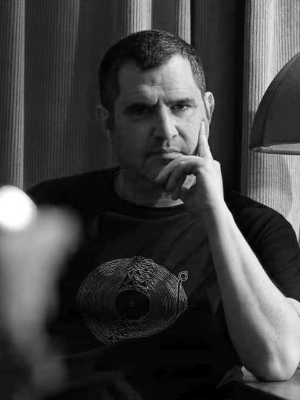
Dory Manor, a poet, writer, translator, and editor, was born in Tel Aviv. In 1993 he was a founding member of the literary group “Ev”, whose aim was to find a new poetic interface between classical and modern Hebrew. Three years later, he moved to Paris for ten years, where he studied French and general literature at Paris VII University and taught Hebrew literature and translation at INALCO University and at Sciences Po.
Manor is the founder and editor of the literary magazine Oh! and The 21st, a collection of translated literature. He served as editor-in-chief at Israel’s Educational Program for the Arts & Humanities. He was also a lecturer at Tel Aviv University and other academic institutions, editor and broadcaster for the radio, and collaborates with musicians as artistic advisor, writer and translator.
Manor has published five books of poetry and a memoir, and his Hebrew translations of classic literature include works by Voltaire, Descartes, Molière, Flaubert, Baudelaire, Mallarmé, Valéry, Apollinaire, Ginsberg, Blake, Lorca, Auden, and others. He is the recipient of several literary prizes, including Prime Minister’s Prize for Creators twice, the Tel Aviv Municipality’s Tchernichovsky Prize for Masterpiece Translations, the Yehuda Amichai Prize for Hebrew Poetry, and the Ministry of Culture’s Prize for Literary Editing.
He earned his Ph.D. at INALCO University in Paris and is an Honorary Fellow of the University of Iowa in the USA. In 2019, Manor was awarded the title of Knight of the Order of Arts and Letters by the French government. In 2023, he received a grant from the Berlin Senate for writers living in the city and writing in a foreign language. He’s been living in Berlin since 2019.
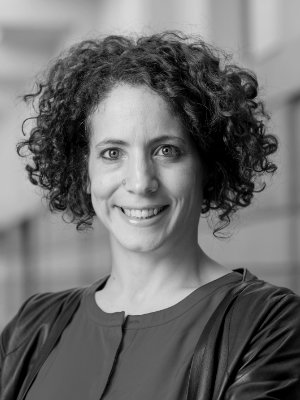
Atalia Omer is a Religion, Conflict, and Peace Studies Professor at the Kroc Institute for International Peace Studies and the Keough School of Global Affairs at the University of Notre Dame. She also recently served as a senior fellow and Dermot TJ Dunphy Visiting Professor at the Religion, Conflict, and Peace Initiative at Harvard University’s Religion and Public Life program. She earned her PhD in Religion, Ethics, and Politics (2008) from the Committee on the Study of Religion at Harvard University. Her research focuses on religion, violence, and peacebuilding, as well as theories and methods in the study of religion. Omer was awarded an Andrew Carnegie Fellowship in 2017, resulting in Decolonizing Religion and Peacebuilding (Oxford University Press, 2023). Among other publications, Omer is the author of When Peace is Not Enough: How the Israeli Peace Camp Thinks about Religion, Nationalism, and Justice (University of Chicago Press, 2015) and Days of Awe: Reimagining Jewishness in Solidarity with Palestinians (University of Chicago Press, 2019). She is also a co-editor of the Oxford Handbook of Religion, Conflict, and Peacebuilding (Oxford University Press, 2015).
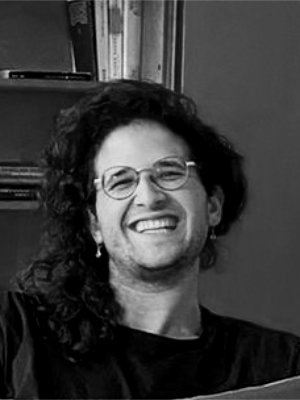
Yona-Dvir Shalem is based in Würzburg, Germany. A PhD candidate of Ancient Near East and Theology, and has an M.A. in Gender Studies & Theology.
As a poet and translator, Yona-Dvir organises and participates in various inter-faith and multilingual projects between the Abrahamic religions.
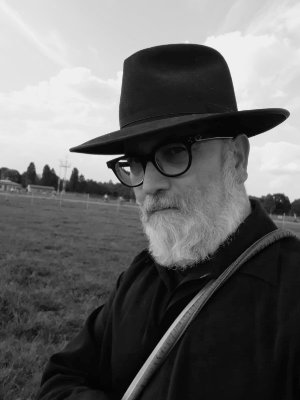
Oded Schechter is a philosopher and talmudist. He lives in Berlin and is the co-founder of the Berlin Makhloykes Center.
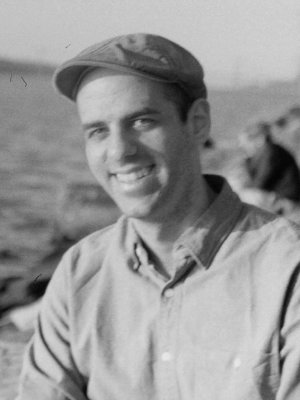
Avinoam J. Stillman studies early modern Jewish history, with particular interests in kabbalah in East-Central Europe and the Ottoman Empire and in Hebrew manuscripts and printed books. He is a doctoral candidate at Freie Universität Berlin and an associate of the research group “Patterns of Knowledge Circulation.” He completed his MA at Ben Gurion University and his BA at Columbia University. He is also a co-founder of “Blima Books,” a small press based in Jerusalem and Berlin and dedicated to “Radical Jewish Literature.”
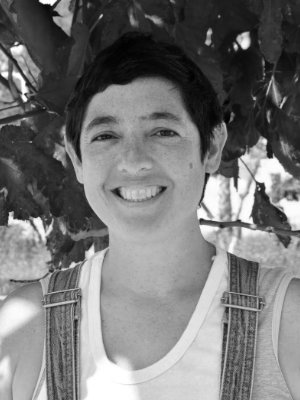
Zohar Weiman-Kelman is a senior lecturer in the department of foreign literatures and linguistics at Ben Gurion University. They received a PhD in comparative literature from the University of California Berkeley and held a postdoctoral fellowship at the Centre for Jewish Studies and the Women and Gender Studies Institute at the University of Toronto. Zohar was a fellow at the Katz Center for Advanced Judaic Studies and an associate scholar at the Humanities Forum on Sex, both at the University of Pennsylvania. Their first book, Queer Expectations: A Genealogy of Jewish Women’s Poetry, was published by SUNY Press in 2018. Zohar is currently working on the project, “(un)archiving Yiddish sex.”



